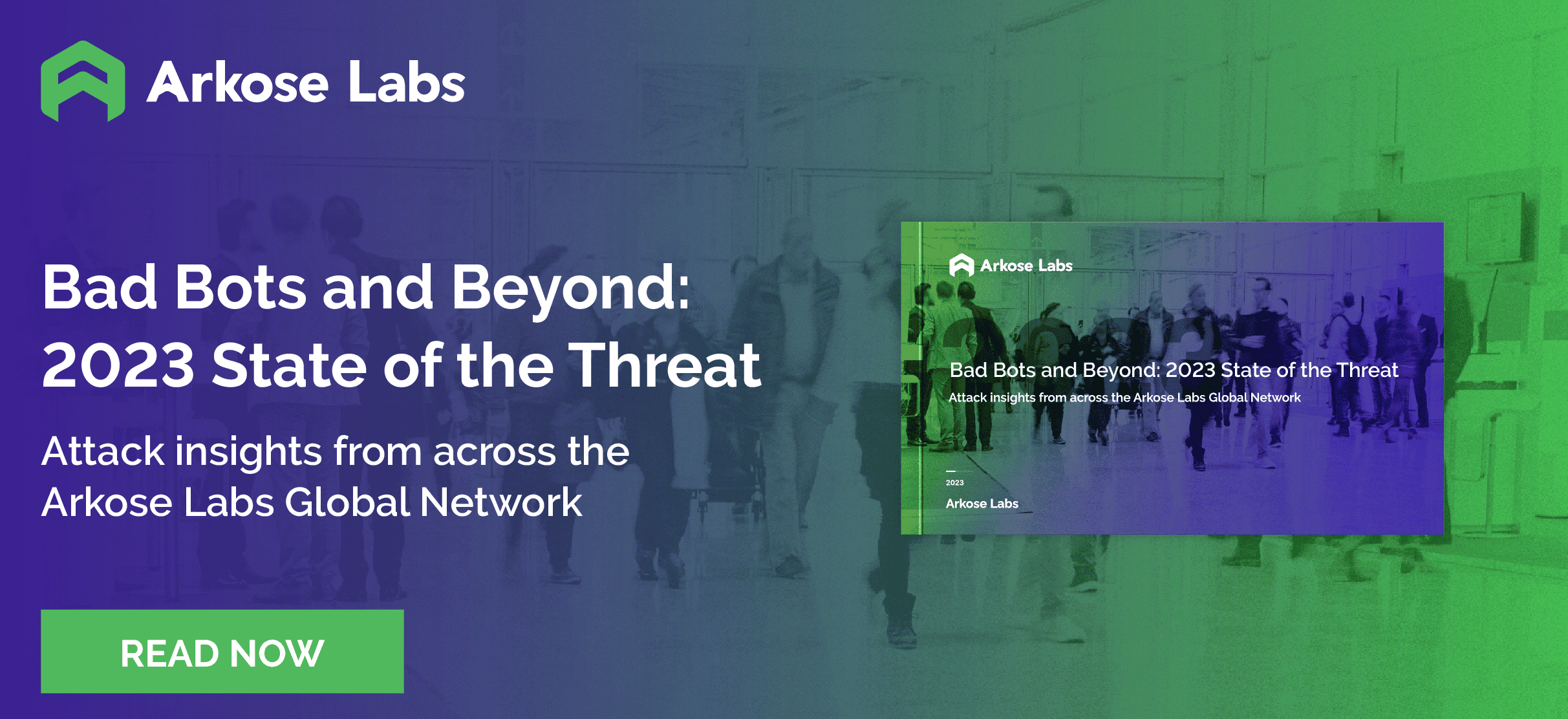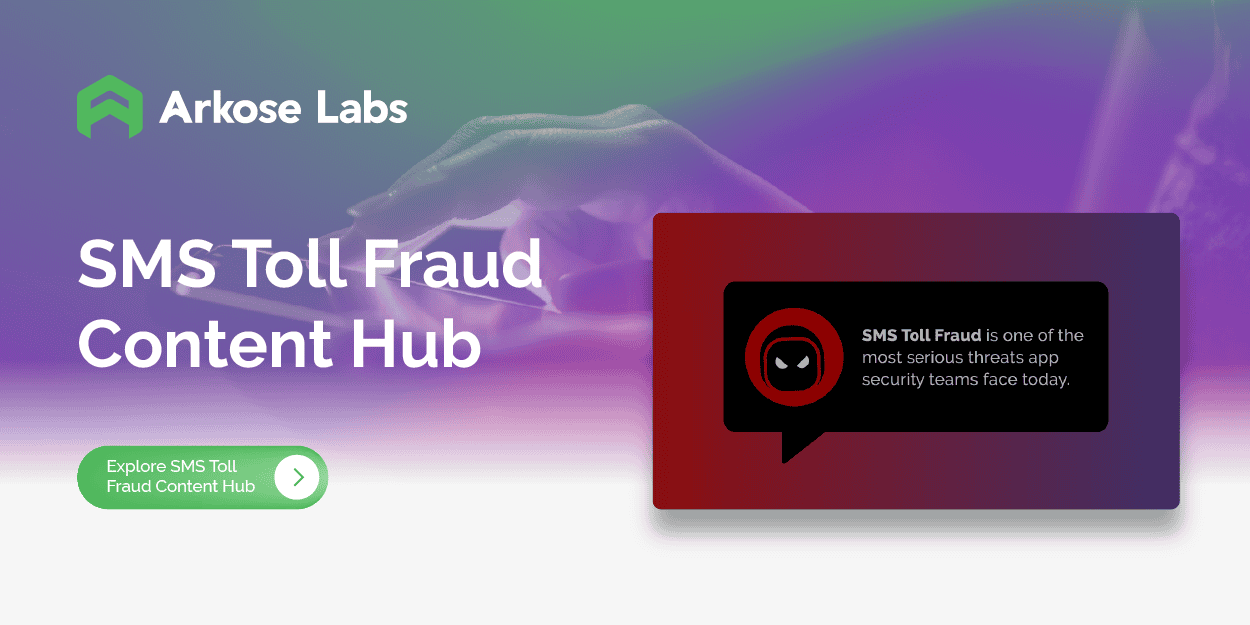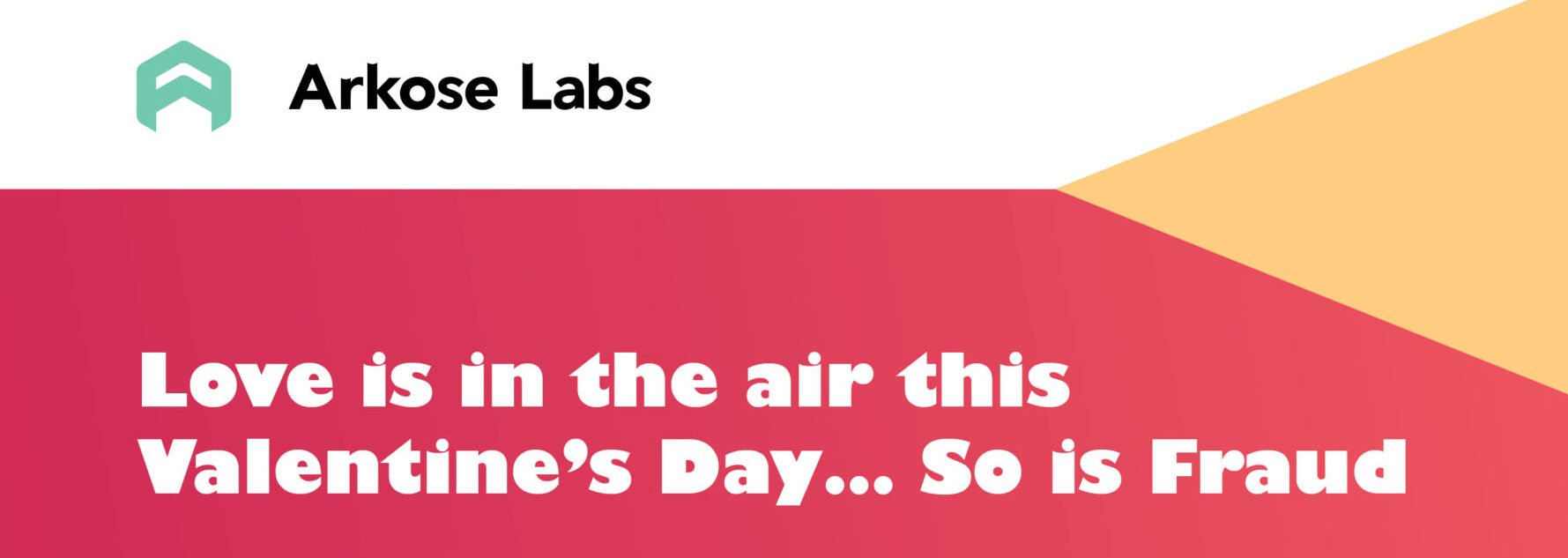With Valentine’s Day around the corner, love is in the air but, unfortunately, so is fraud on many online dating websites.
A data review by Arkose Labs found human-driving online fraud on dating websites and social media was up a sharp 82 percent in the last half of 2019.
The online-fraud prevention site found that at least every two in five login attempts and about 20 percent of new account registrations were fraudulent making this one of the highest rates of cyberattack in any industry.
“We are in an era when there is a major assault on people’s online identity information. Social media and dating platforms have therefore become very lucrative targets for fraudsters, due to the amount of data people share online and the high user activity levels,” said Kevin Gosschalk, CEO of Arkose Labs. “The fraud attacks come in a variety of forms, including scraping content and personal details, writing fake reviews, stealing information or disseminating spam and malicious content.”
About half of online-dating site frauds are orchestrated by humans, rather than “bots.”
Arkose reports are often run by carried out by low-paid workers in sweatshop-style organizations. Fraudsters, they said, often use a mix of automated and human-driven attacks to manipulate people, disseminate spam or steal people’s identifying information.
“Too many times, the end-user is blamed for lax security practices, but in the case of dating sites and social media, it’s the companies that need a more robust way to detect fraud and abuse. This industry has traditionally favored easy sign-up and login processes over more vigorous security measures, however, with mounting attacks they must look to deploying innovative, multi-step authentication technologies that strike the right balance between user experience and security,” said Gosschalk.
For the study, Arkose looked at user sessions and attack patterns from October through December 2019.
The Federal Trade Commission reported that in 2019, there were more than 25,000 complaints filed about romance scams. In the past two years, losses from such scams were higher than any other scams reported to the FTC.
Losses from romance fraud are six times higher than they were four years ago rising from $33 million in 2015, up to $201 million in 2019.
The median loss from a romance scam was $2,600 – seven times higher than any other reported fraud. For people over age 70, the reported loss was a median of $10,000.
The Better Business Bureau received more than 1,100 complaints about online dating services in 2019.
“While some consumers have found happiness using a dating service, others have been disappointed in the quality of matches or the number of suitable people they were able to meet using the service,” said Monica Horton, BBB of North Central Texas, Wichita Falls President. “Meeting people online may sound easy and safe, but consumers need to keep their guard up to avoid being swindled, hurt or worse.”
Online “romance” scams are quite common, said the BBB.
Thousands of people in the United States are swindled out of money through online dating, social media or email connections.
Criminals sometimes pose as potential romantic matches, then lead victims on for a time before asking for money. The scammers sometimes claim they are stuck overseas and need money to travel, that they have medical bills or other emergency need for funds.
Some criminals are based overseas, making it difficult for authorities to pursue them or help the victims get their money back.
The BBB published an in-dept investigative study on romance scams in 2018 along with a follow-up study in 2019 about how romance-scam victims can end up becoming money mules.
According to the 2018 study, victims in the U.S. and Canada have lost more than $1 billion in the past three years due to online-dating scams.
One expert, the BBB said, claims out of the 3.5 million dating profiles online, 500,000 are fraudulent. The number of victims and the amount of money lost may be even higher because victims are often humiliated and embarrassed that they fell for such a scheme.
Of victims who reported fraud and gave their age, more than half of the victims were over 50 years old and they accounted for 70 percent of the total financial losses.
BBB offers the following advice on matchmaking and online dating services:
- Don’t fall in love with the advertising. Be skeptical of claims such as “an exclusive network of people,” “for sincere daters only” or “beautiful singles like you.”
- Don’t give in to high-pressure sales tactics. Sales associates may tell you that a low price is only good for that day and ask you to sign a contract immediately. You should read the contract carefully and make sure you understand it.
- Know how to break up. Consumers should not assume that they will stop being billed once the contract runs out. Many online dating sites automatically renew memberships. Usually, you must call the company or send written instructions to avoid being billed again. Read cancellation policies before you sign up.
- Beware of demands by a match to send money. Some scams that match men with foreign women typically include a request to send money to pay for a trip to the United States, using a wire transfer service like MoneyGram or Western Union. The woman never makes the trip, and the money can’t be recovered.
- Do your homework. Ask to speak to other members or customers of the service about their experiences. Check a BBB Business Profile of the service by going online to https://www.bbb.org/.
The original article by Claire Kowalick, Times Record News can be found here.










